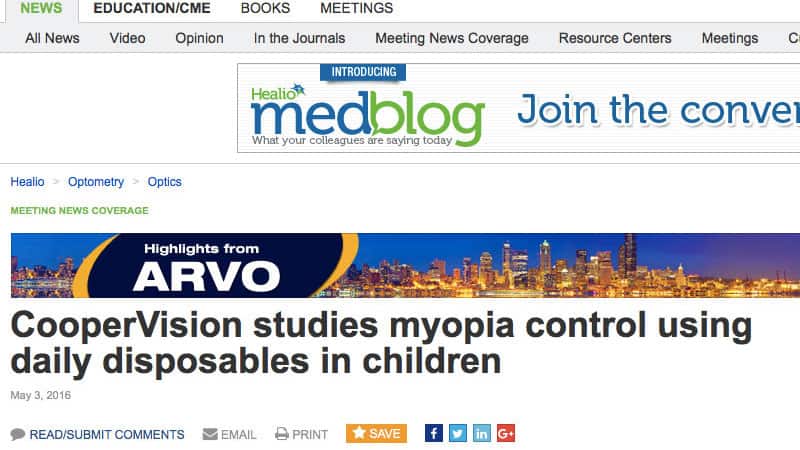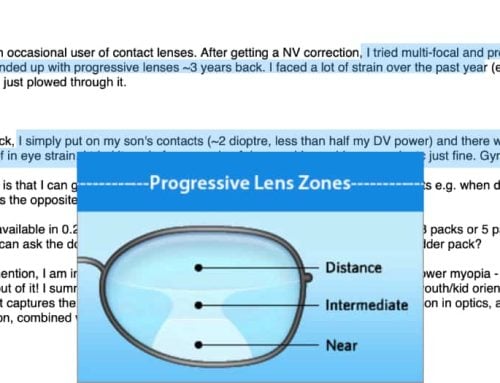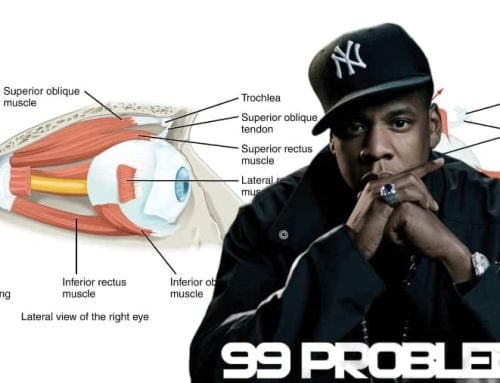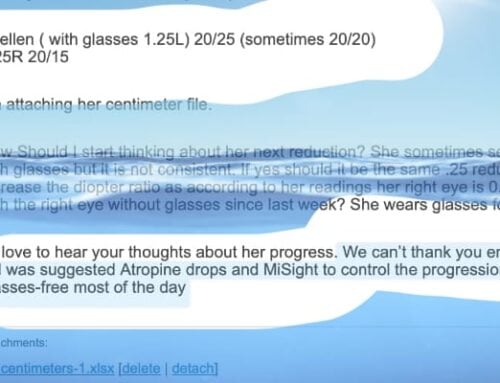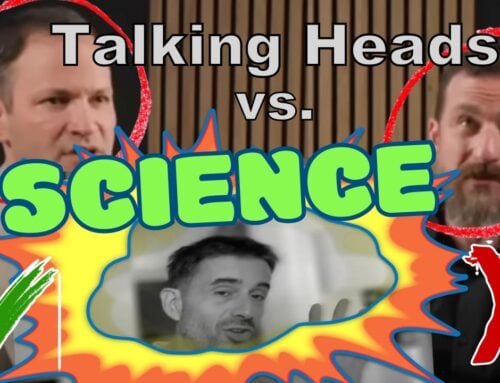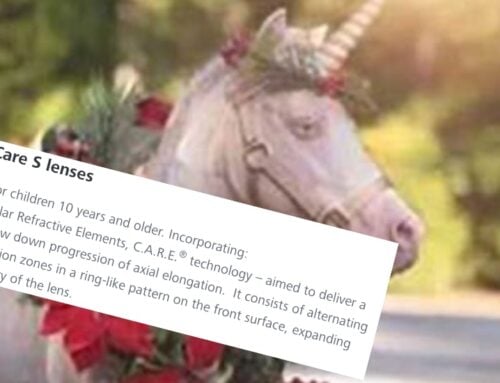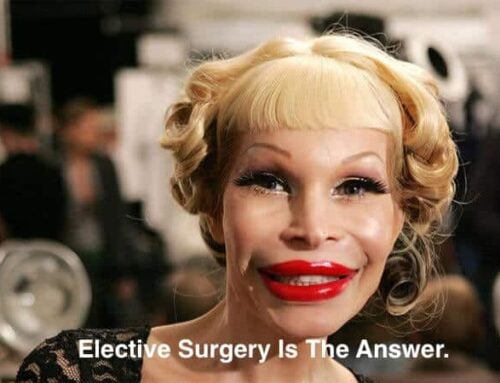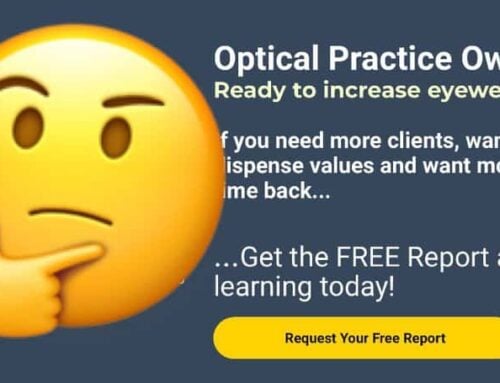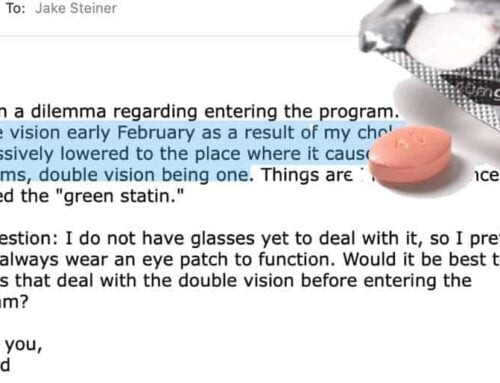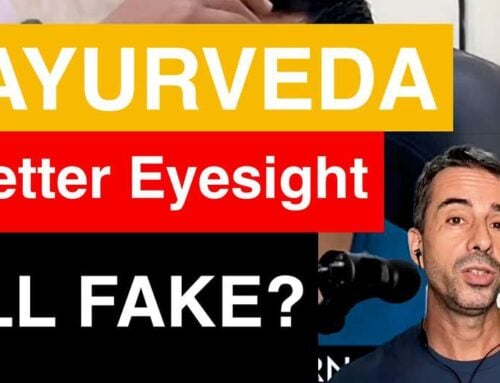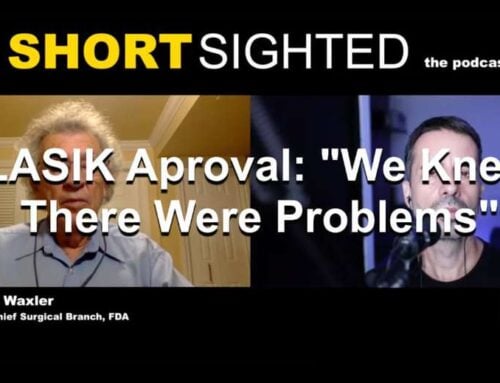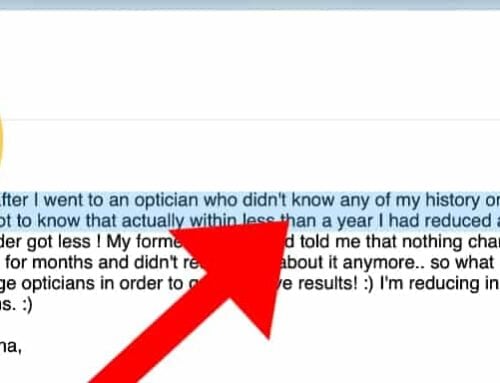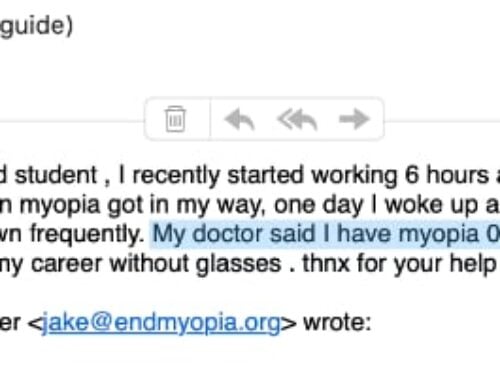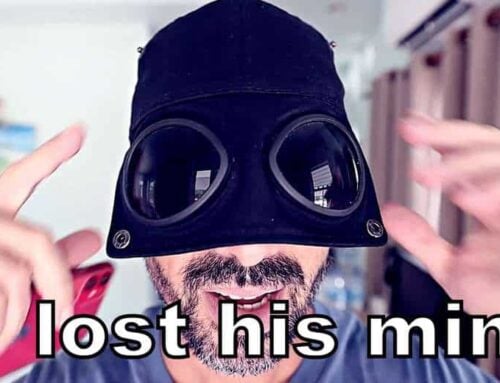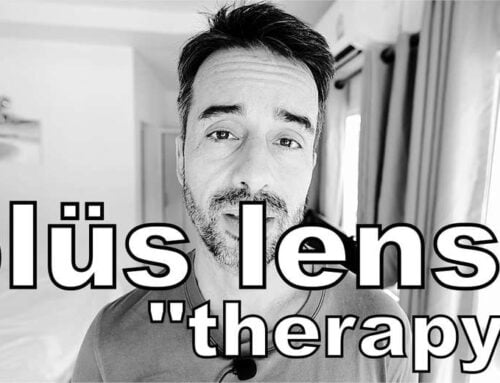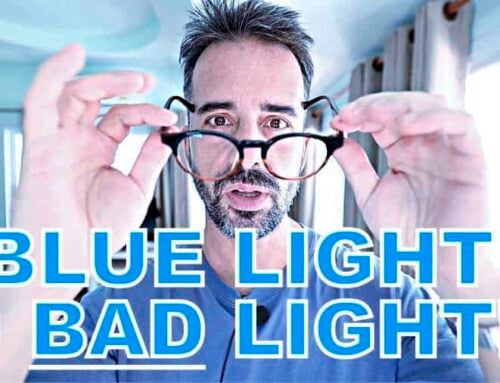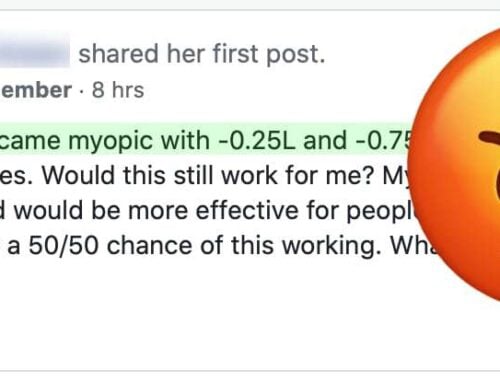Cooper Vision really, really wants to sell contact lenses to your children.
And you really, really shouldn’t let your children wear contact lenses. Why? Because permanent corneal tissue damage.
Sure you can get away with wearing contact lenses for a while. But if you start off in childhood and plan on a lifetime of wearing contact lenses, you are absolutely going to end up with a rough wake up call before long. Corneal abrasion is basically unavoidable, with prolonged contact lens wear.
This means that the part of your child’s eye that protects the eyeball, will be worn away, slowly, over time, never to be replaced.
But that’s no problem for Cooper Vision. Take a look at their “study”, published in Healio (very thinly) masqueraded as an actual clinical study:
“With every diopter of increase in myopia, you have an increased risk of ocular pathology,” according to Arthur Back, BOptom, PhD, FAAO.
Back, chief technology officer for CooperVision, told Primary Care Optometry News in an interview here at the Association for Research in Vision and Ophthalmology meeting that the company is working on a solution to control the progression of myopia in children through the use of daily disposable contact lenses.
“The number of high myopes is increasing, and there’s a convergence of concern in the public health community,” he said.
CooperVision has completed 2 years of a 3-year study involving children between the ages of 8 and 12 years wearing a daily disposable lens made of the company’s Proclear material for 8 to 12 hours a day and at least 6 days a week.
The lens design contains optical focus to correct vision and optical zones to treat myopia, Back said.
He said that the lenses are well tolerated, and that the children prefer wearing contacts over glasses.
One objective of the study is to establish guidelines for parents so they can be informed about what to expect with this type of treatment.
“We are finding parental intervention is minimal,” Back said. “Kids get self-sufficient quickly. Many parents are hesitant initially, but by the end of the first month, 80% said there were no issues.
Previous consumer surveys showed that parents of children with myopia would be interested in participating in this method of treatment if they would see at least 50% effectiveness, he said.
“There is no question in the research community that this is effective,” Back said. “It comes down to getting these lenses approved and developing guidelines for parents. We’re hoping this will help the FDA understand the risk:benefit ratio of treating myopia with daily disposable lenses.
“Our mission is to create more awareness,” he continued. “The hesitancy to fit younger kids has turned around. Recently a survey of 1,000 U.K. doctors said they are comfortable fitting kids as young as 7 years.
“This will change the way we visually treat children,” Back added.
Eye care practitioners will need to set up their practices differently and learn how to monitor these children, he said, including measuring the length of the eye. – by Nancy Hemphill, ELS, FAAO
Disclosure: Back is chief technology officer for CooperVision.
There is of course no question whatsoever that contact lenses do NOTHING to slow the progression of myopia. In fact, there is no known difference in myopia progression rates whether you wear contact lenses or glasses, or even had LASIK surgery.
Also, Back is an optometrist and proud PhD. Considering the context, those qualifications sound about as legit as monopoly money.
But then this is a company that sells contact lenses and Back is their chief technology officer. One should not be surprised that a company selling contact lenses will say that contact lenses are the greatest thing ever. It’s like reading a study by McDonalds saying that McDonalds meals are tasty, and children like to eat them, and then children are still completely alive and well after the meals.
That’s all well and good. The issue starts when what is irrelevant to clinical science is republished in an optometry journal exactly verbatim, when it is blatantly nonsensical in content, even to the most casual observer.
You probably don’t read optometry journals, fortunately (neither does anybody else, really). Next step is to also not trust anyone trying to sell contact lenses to your kids. Go for prevention, and not treatment – myopia is not a condition your children should ever have to face.
Cheers,
-Jake

